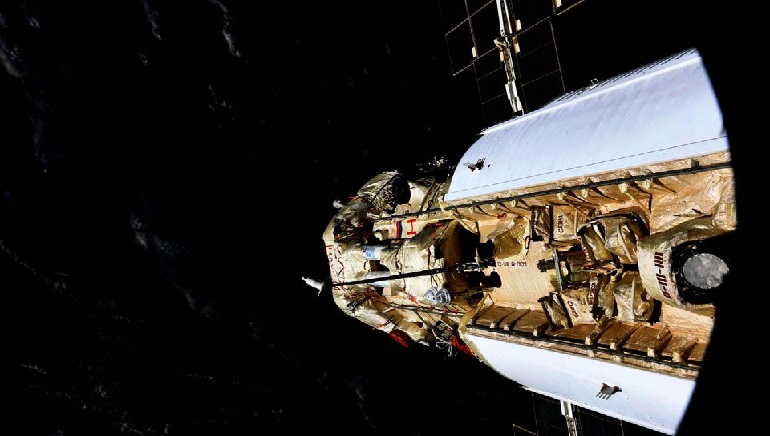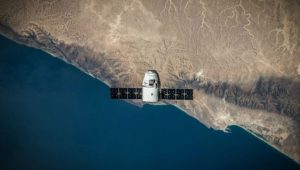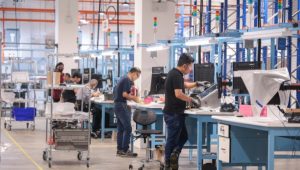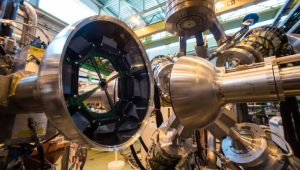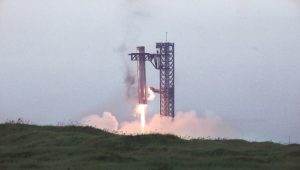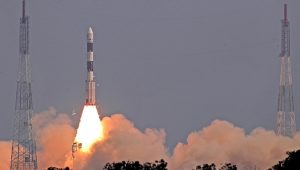On Thursday Russia upgraded its capabilities on the International Space Station (ISS) after its new Nauka module successfully docked after a strained journey from Earth. The delayed launch was due in 2017 but the vessel suffered repeated slips in the schedule. The budget difficulties were also seen in parts and engineers encountered a raft of technical problems during development.
The module is 13 meters long and 20 tonnes which was driven into the rear of the orbiting platform, linking up with the other major Russian segments on the ISS. A week after its launch from Baikonur Cosmodrome in Kazakhstan, it experienced propulsion issues that required a workaround from controllers in Moscow. However, the issue got resolved and it made its docking with the station on the planned date.
The system was on autonomous mode which brought the module into close proximity later which was manually controlled by Oleg Novitsky from inside the ISS for the last few meters of approach. The Nauka was flying above Mongolia and China at an altitude of 420km while the time of connection. The extra space was required to conduct the experiments, to store cargo, and also as a rest area. It is equipped with another toilet for the crew to use the station.





